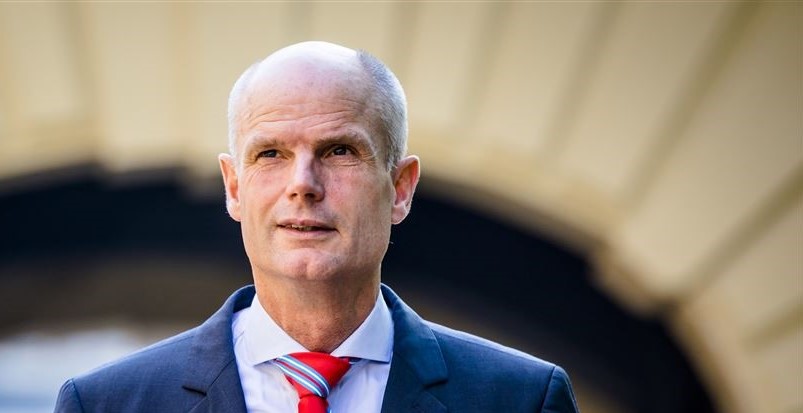EU backs new Iran sanctions
January 10, 2019 | Expert Insights

The EU has frozen assets of an alleged Iranian intelligence organisation and two of its agents, in a shift towards a tougher line against Tehran that could complicate efforts to save its international nuclear deal.
Background
Iran–European Union relations have been strained in the early 2010s by the dispute over the Iranian nuclear program. The European Union along with the United States have imposed sanctions against Iran over the controversies around Iranian nuclear program. These sanctions which have been described as the toughest EU sanctions imposed against any other country by European officials were last strengthened on 15 October 2012 within by the EU Council.
In 2012, an oil embargo and restrictive financial boycotts were enforced by the EU, in addition to UN sanctions against Iran. It was not until December 8, 2013, when Iranian authorities allowed UN nuclear inspectors to visit a heavy water facility after announcing that plutonium enrichment has been suspended (based on a historic deal reached in Geneva on November 24, 2013, with the so-called P5+1 group (Britain, China, France, Russia, the United States, and Germany). The deal will put Uranium enrichment by Iran on hold for at least eight months and is paving the way for direct talks between the US and the Islamic Republic.
On 8 May 2018, the US withdrew from the Joint Comprehensive Plan of Action (JCPOA) and re-imposed economic sanctions on Iran by 1 November 2018. The EU has been actively advocating for the agreement and has been trading with Iran, trying to keep the deal alive.
Analysis
European Union Ministers agreed for the implementation of new sanctions on Iran in response to growing anger over Tehran’s alleged role in orchestrating assassination plots in Europe. This adds to concerns over its ballistic missile programme and its role in conflicts happening in Syria and Yemen.
The punitive measures are the first imposed on Tehran by the EU since both parties joined the US and other international powers to back the 2015 accord to curb Iran’s nuclear programme. European countries have been battling to rescue the agreement since President Donald Trump pulled out in May and re-imposed sanctions on Iran.
Stef Blok, Dutch foreign minister, said his country and the EU were taking “strong action against Iranian unlawful interference in Europe”. The Netherlands has accused Iran of two killings of Dutch nationals of Iranian origin on Dutch soil in 2015 and 2017. Officials from the Netherlands, Britain, France, Germany, Denmark and Belgium had told Iranian counterparts of “their serious concerns regarding Iran’s probable involvement in these hostile acts on EU territory”, according to a Dutch government letter, which was published and co-signed by Mr. Blok and Kajsa Ollongren, the interior minister. “Iran was informed that involvement in such matters is entirely unacceptable and must be stopped immediately …Further sanctions cannot be ruled out,” the letter said.
The new sanctions, set to come into force on Wednesday, mirror measures already imposed by Paris. They target Tehran’s alleged involvement in plots to kill Iranian political opposition figures in France and Denmark. Tehran has denied involvement in any of the alleged plots.
The sanctions are against Saeid Hashemi Moghadam, deputy minister and director general of intelligence, and Assadollah Asadi, an Iranian diplomat based in Vienna, according to the Danish foreign ministry. Mr. Asadi is in detention in Belgium on suspicion of involvement in a plot to bomb an exiled Iranian opposition group rally in Paris in June. EU foreign ministers are expected to discuss Iran policy at a meeting in Brussels this month.
The EU is also struggling to sustain the Iran nuclear deal in the face of growing US pressure to comply with the sanctions reimposed by Washington. European countries have put in place some measures to thwart the US measures and allow non-US companies to continue to do business with Iran, but a flagship plan to set up a special non-dollar trade channel with Iran has been plagued by delays.
The EU said that it expects to set a channel “soon”, but diplomats admit it may be weeks away despite previous hopes that it would be ready before the full re-imposition of US sanctions on Iran in November 2018.
Assessment
Our assessment is that European countries have longstanding concerns about the destabilising effect of Iran’s missile programme and role in the Middle East. We believe that the EU is likely to use the new sanctions to pressure Iran into dropping its missile program in exchange for crucial economic aid.








Comments